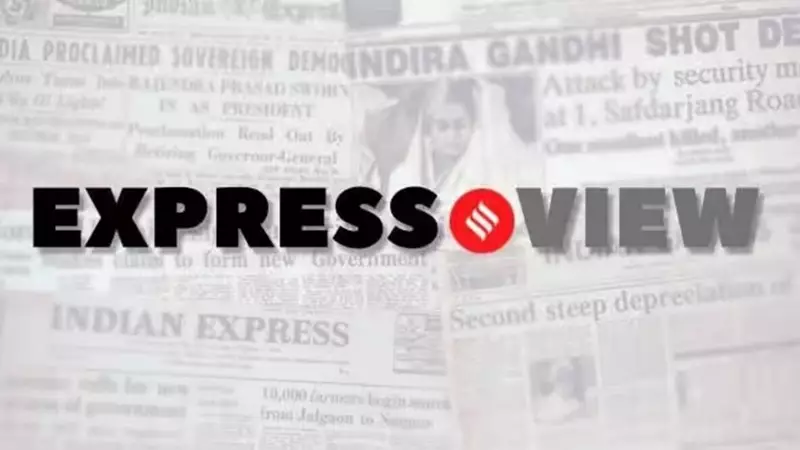
In what can only be described as a political earthquake, the 2024 Indian general elections have delivered a verdict that defies predictions and reshapes the nation's democratic landscape. The Bharatiya Janata Party (BJP), while emerging as the single largest party, fell significantly short of the majority mark, forcing a return to coalition politics after a decade of single-party dominance.
The Numbers That Tell a Story
The election results reveal a fascinating narrative of Indian democracy at work. The BJP's tally dropped below 240 seats—a stark contrast to their previous commanding majorities. This electoral outcome serves as a powerful reminder that in a vibrant democracy like India's, no political entity can take the electorate for granted.
Coalition Politics: The New Reality
As the National Democratic Alliance (NDA) prepares to form the government, the dynamics have fundamentally shifted. Regional allies now wield considerable influence, ensuring that governance must be more consultative and consensus-driven. This marks a significant departure from the centralized decision-making of the past decade.
What This Means for India's Future
The real test begins now. The incoming government faces multiple challenges that require delicate balancing:
- Economic Reforms: Pushing through contentious economic policies will require broader agreement
- Social Harmony: Managing diverse expectations across India's complex social fabric
- Federal Balance: Respecting regional aspirations while maintaining national cohesion
- Institutional Integrity: Ensuring democratic institutions function with independence and transparency
A Victory for Democratic Spirit
Beyond the political calculations, this election represents a remarkable victory for the Indian electorate. Voters have demonstrated wisdom and maturity, rejecting absolute power in favor of checks and balances. The message is clear: democracy thrives not in monopolies but in diversity of representation.
As Prime Minister Narendra Modi prepares for an unprecedented third term, he does so with a mandate that is both strong and conditional. The Indian voter has spoken—not in rejection, but in refinement. The coming years will test whether political leadership can adapt to this new reality of shared power and collective responsibility.
This election has reset India's political compass, proving that in the world's largest democracy, the people ultimately write the final chapter.





